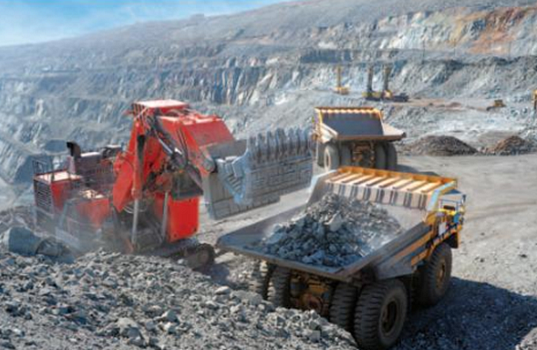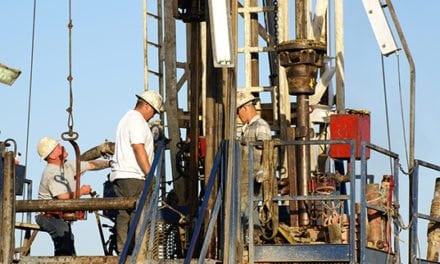By Joe Petrowski
Just when some Americans are celebrating the end of U.S. dependence on imported petroleum from unstable or unfriendly countries, a new commodity has surfaced as vital to our economy—lithium. Why is lithium so valuable? As you might have guessed, it is a vital component in high performance batteries used to power a range of modern technologies from cell phones to electric cars to electrical grid power storage units.
Lithium is featured front and center in the U.S.-China trade dispute. China, with the largest electric car industry in the world and largest cell phone manufacturing capacity, is the world’s major consumer of lithium. But with one million metric tonnes* (million MT) in lithium reserves and 8,000 metric tonnes (MT) of annual production (in 2018 according to the United States Geological Survey), it is also a major exporter. Much of those exports are in the form of lithium batteries, where, according to BloombergNEF, it is responsible for 73% of the market capacity. The U.S. is a distant second at roughly 12% and relies significantly on imports from China to make those batteries.
With the increasing push for electric vehicles using lithium-based batteries, the U.S. finds itself facing a global competitor with a greater control over a critical resource than OPEC ever had. The only significant operational reserve today for the United States is the Silver Peak Reserve in Nevada. The national lithium production is 870 MT, with an estimated of 70,000 MT of reserves.*
There was a burst of excitement in 2013 involving a discovery in the Rock Springs formation in Wyoming that speculated on a maximum potential of 18 million MT of lithium. Not much has happened since involving investment and development. The primary consideration has apparently been the extraction costs from wells over 10,000 feet deep.
Now in the “I would rather be lucky than good” department, there are other countries with ample identified reserves, increasing production and friendlier attitudes towards the U.S. including:
- Australia: 51,000 MT production/2.7 million MT reserves
- Chile: 16,000 MT production/8.5 million MT reserves
- Argentina: 6,200 MT production/2 million MT reserves
- Canada: 480 MT production/180,000 MT reserves
On the bad news side, China has been aggressively working to corner the market on production internationally by acquiring stakes in major mining operations. They also heavily subsidize mining operations, and prices have been volatile with the dips discouraging to investment. But, several Western countries are waking up and responding to the danger posed by a single dominant player in such a critical market.

Joe Petrowski
Joe Petrowski has had a long career in international commodity trading, energy and retail management and public policy development. He currently serves as the fuel director of Yesway convenience stores and an adviser to their Chairman on Operations and Merchandising, as well as a director of Xebec, a Canadian manufacturer of Clean technology and Green Print, a carbon mitigation firm. Petrowski previously served as the president and CEO of Gulf Oil LP and was elected to the Gulf Oil LP Board of Directors and then as CEO of the now combined Gulf Oil and Cumberland Farms. He is Managing Director of Mercantor Partners, a private equity firm investing in convenience and energy distribution.
*2013 data.









